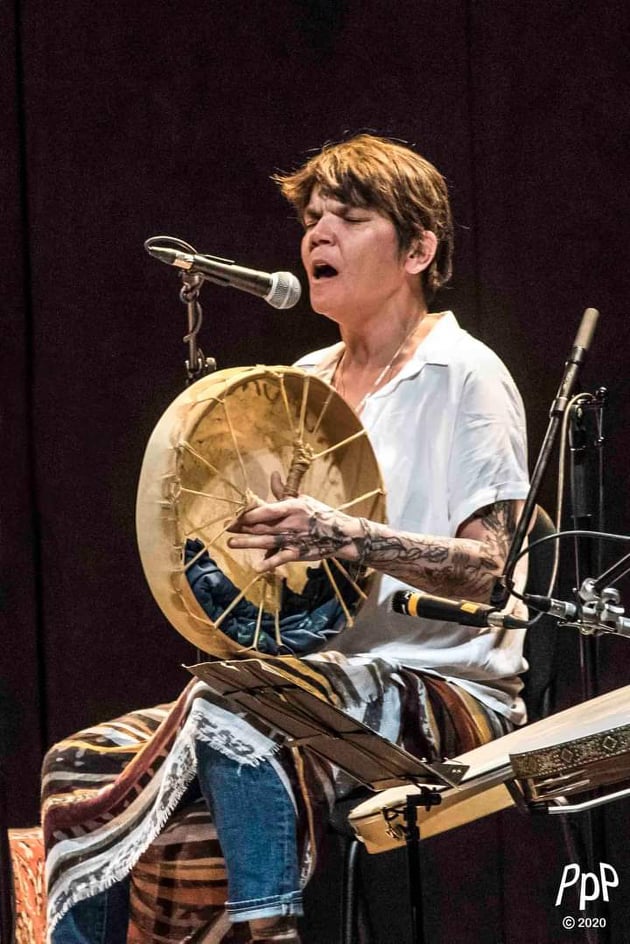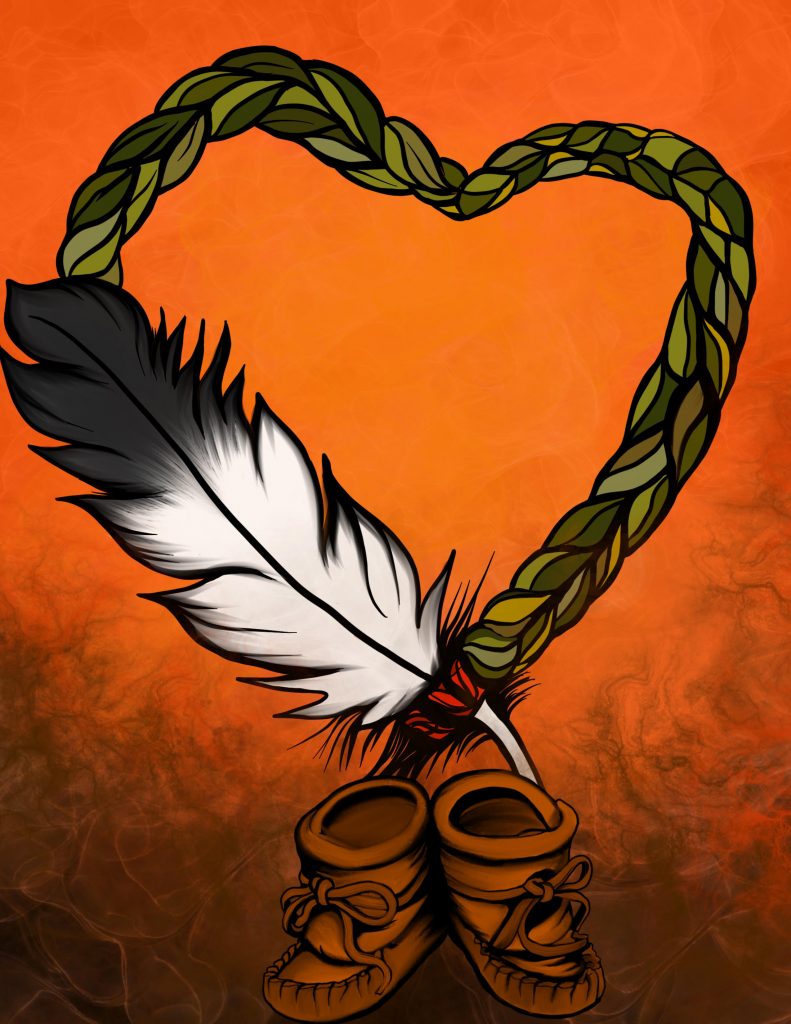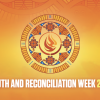Truth and Reconciliation Week: Residential Schools
You cannot unknow the truth.
Over 117 years, from 1880 until 1997, more than 150,000 First Nation, Metis and Inuit children were forced into “schools.” The Church played a large role in running these residential facilities. The aim of these institutions was not education, but an attempt to destroy the culture and even family bonds. Life at these schools was lonely, abusive and demoralizing. The children were taught that their Indigenous culture was shameful. Thousands of children died at these schools due to neglect and abuse.
Canada has pledged tens of millions of dollars to help Indigenous communities to search for unmarked graves at the sites of former Residential Schools. Carolyn Bennett, Crown-Indigenous Relations Minister states, “As a country we know the truth. Once you know the truth, you cannot unknow it.”
“Imagine way back when residential schools were started, and your child was ripped out of your home and taken from you. It’s hard to imagine because it only happened to Natives because the goal of residential schools was to assimilate Indians, to civilize Indians. A (former) Deputy Minister of Indian affairs is on the record years ago as stating ‘I want to get rid of Indian problems. Our objective is to continue until there is not a single Indian in Canada that has not been absorbed into the body politic.’ Well, we will this has made us stronger than you can imagine. We will start by honouring the lost children and survivors of residential schools. This is a vital part of the reconciliation process. On September 30, Orange Shirt Day is an Indigenous led grassroots commemorative day that honours the children who survived residential schools and those who did not. These schools symbolize the stripping away of cultural freedom and self-esteem experienced by Indigenous children over generations. I stand on this day as I am a proud Micmac woman who lives in a community who will fight for everything we believe that is right and wrong. We encourage all Canadians to wear orange to raise awareness of the very tragic legacy of residential schools and to honour the thousands of survivors. Welalin, thank you, merci!” – Melissa Condo – Gesgapegiag
Note: The above mentioned quote was by former Deputy Minister of Indian affairs Duncan Campell Scott in
1920.

“When I performed in Conques France. I wore my Grandmother Meggie’s Moccasins who crossed over into the Spirit World over 20 years ago, and I had my Granddaughter’s Moccasins from when she was 2 years old. She is eight now. I set my Granddaughter’s Moccasins on the floor in front of me to represent to what’s going on today from the findings of the children from the residential schools in Canada. My Hand Drum has a red handprint to represent the Missing and Murdered Indigenous Women in Canada.”
Darlene Jerome Gijuminag –Gesgapegiag
Truth and Reconciliation Week: September 27 to October 1
Truth and Reconciliation Week is a 5-day national event that will continue and highlight the conversations around “Every Child Matters.” These conversations focus on Indigenous treaties, land claims and the legacy of residential schools.
In 2021, we have all gained a deeper understanding of the historic tragedy of residential schools in Canada. The discovery of the unmarked graves at the sites of former residential schools has opened the wounds that Indigenous Survivors their families and communities have endured. These discoveries have enlightened every culture: we are all learning and reflecting. Truth and Reconciliation Week, highlighted on Truth and Reconciliation Day, Thursday, September 30 is also known as Orange Shirt Day. This is a day to honour the children who attended residential schools and those who never returned to their families. The Survivors, their families and Indigenous Elders play a special role in telling the Truths and helping all of us to learn from those painful Truths.
“Truth and Reconciliation is important because it’s time that we hold Canada accountable for past actions taken against First Nations people. It brings a light to the terrible realities that First Nations people faced and were clearly not treated in Canadian history. To move forward as allies and equals, we must acknowledge and understand the past. There are still many injustices happening with First Nations people today and they will continue to happen unless we learn from our history.” Aaron Condo, Counsellor Gesgapegiag

Remembrance, an original painting by Mi’gmaq artist Jessica Jerome – Gesgapegiag.
Jessica states, “Only through remembrance can we keep their spirits alive.
